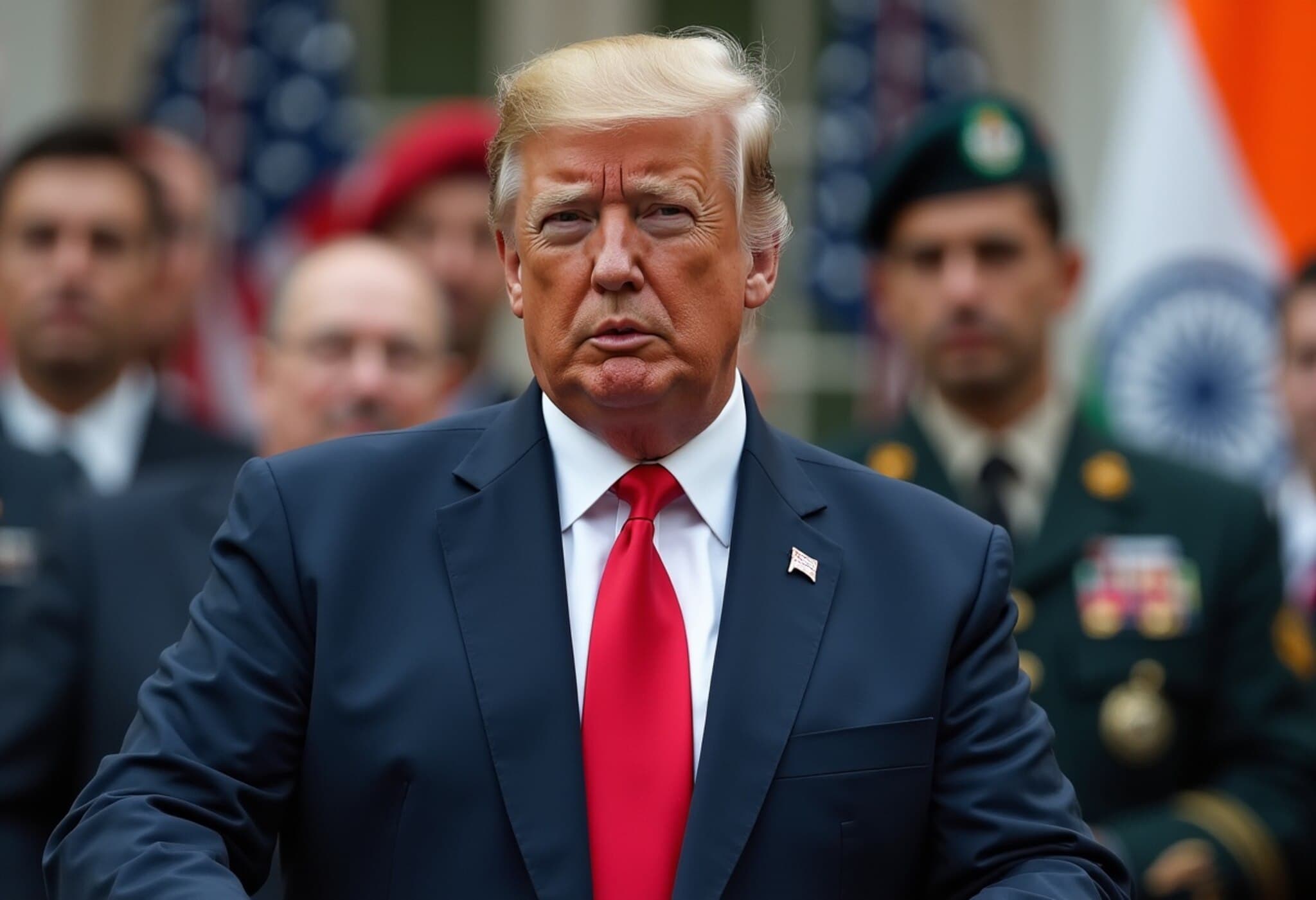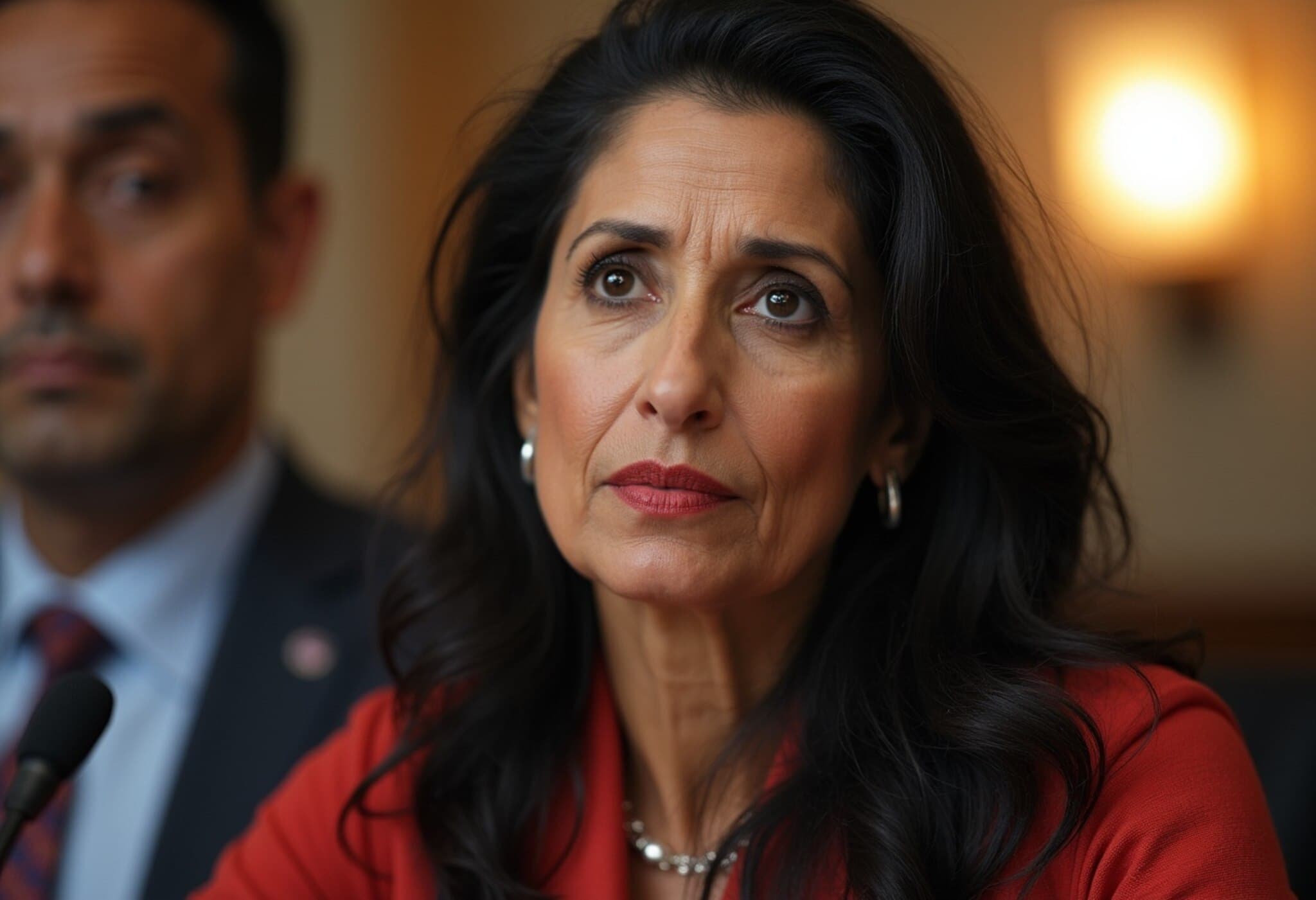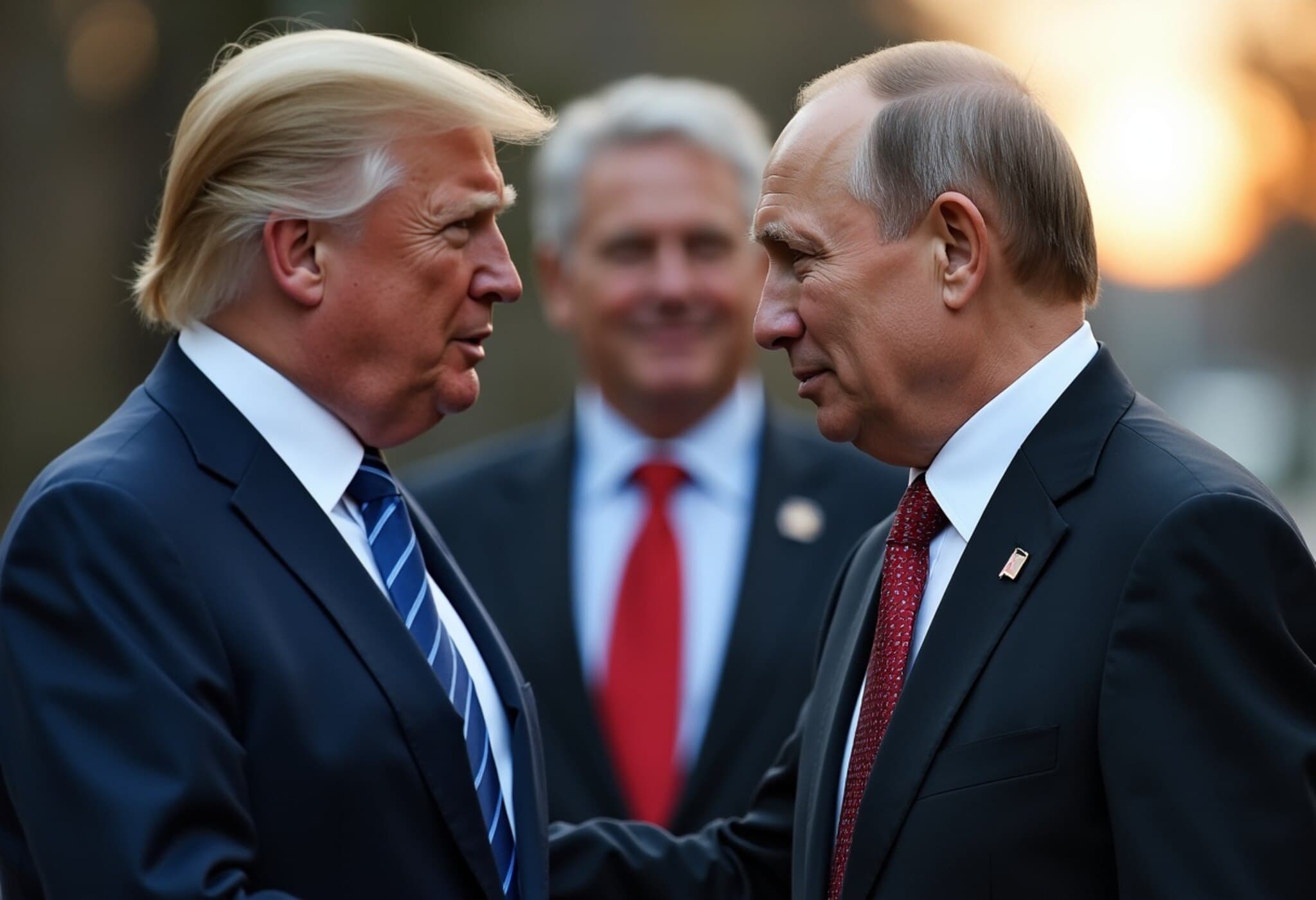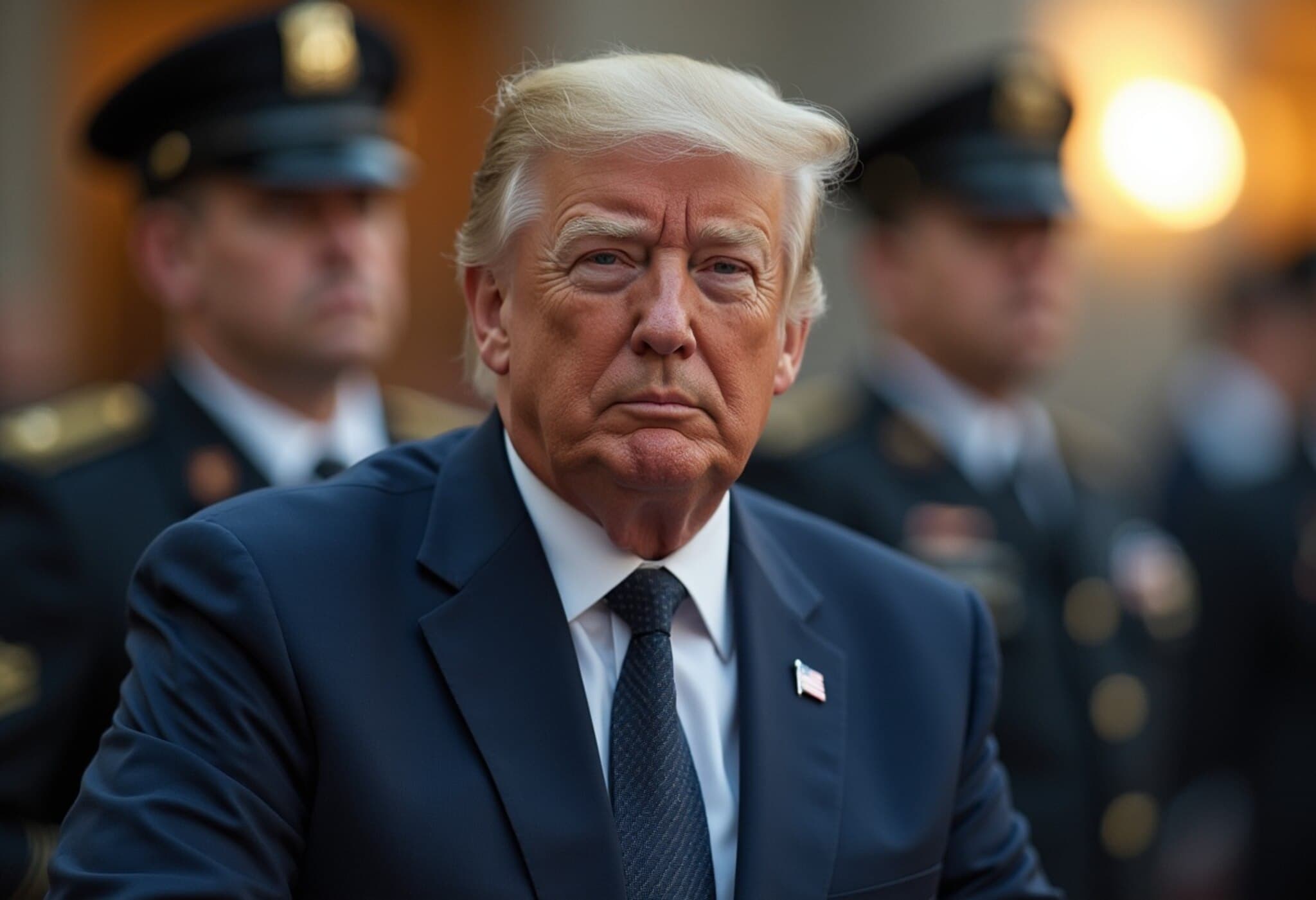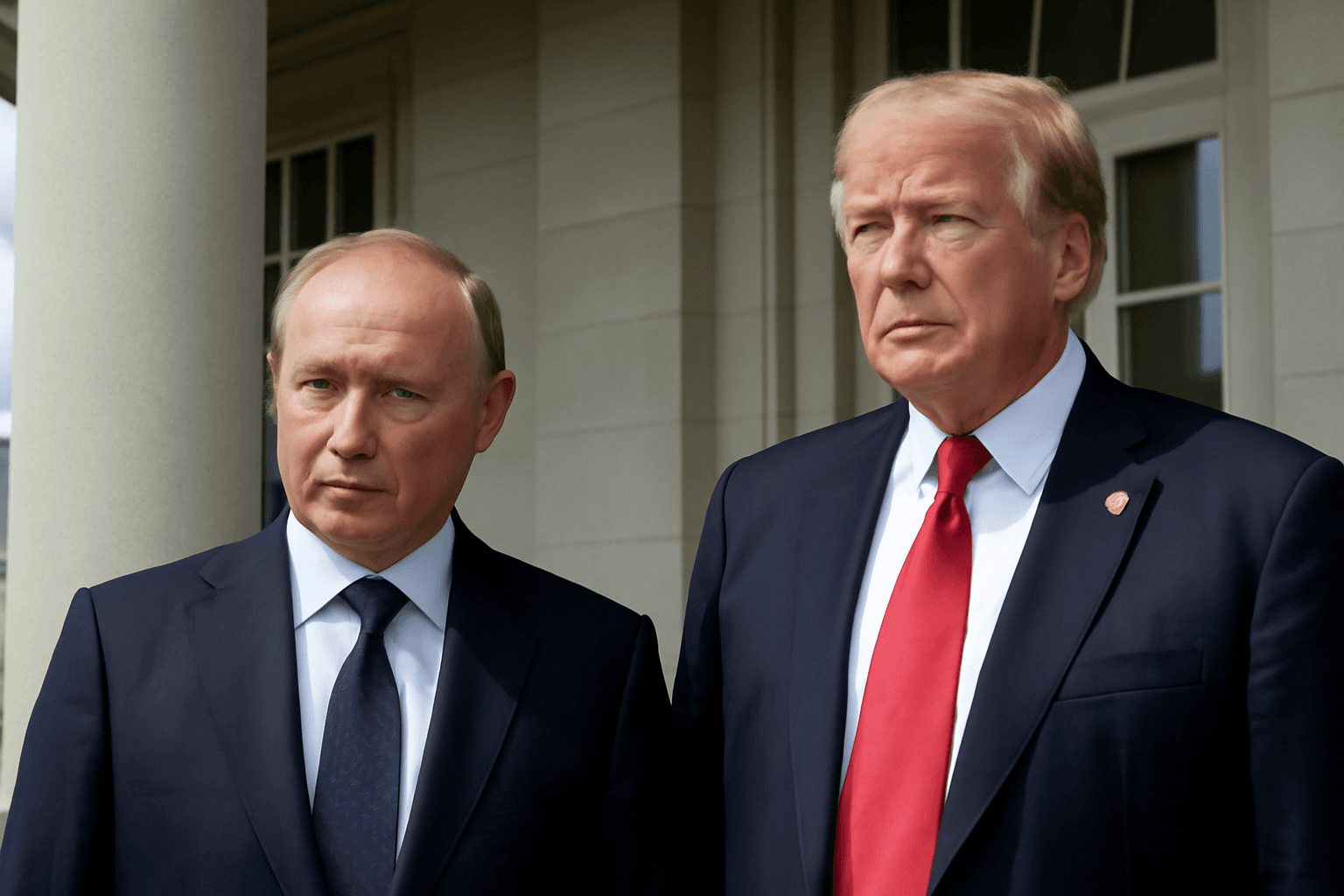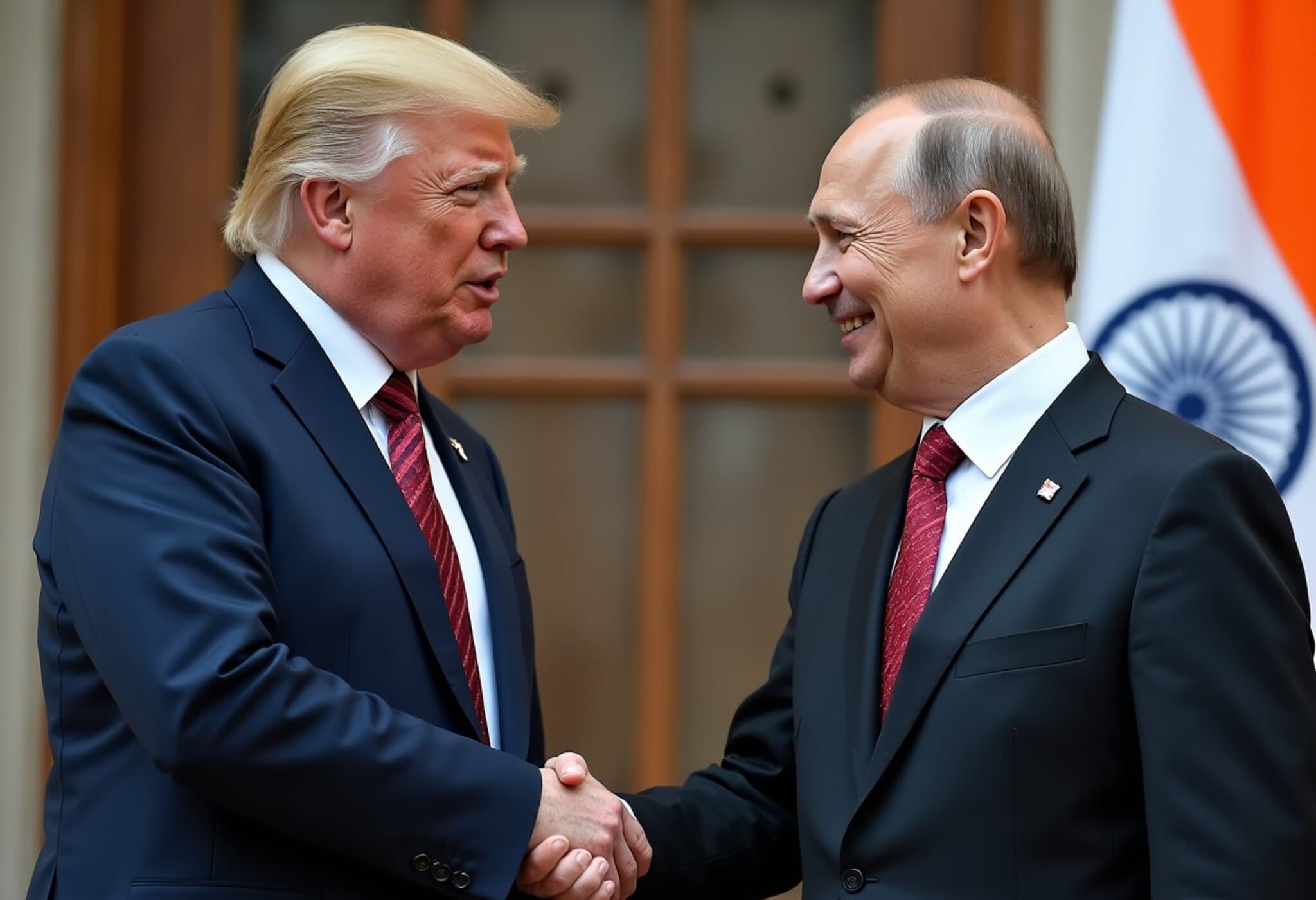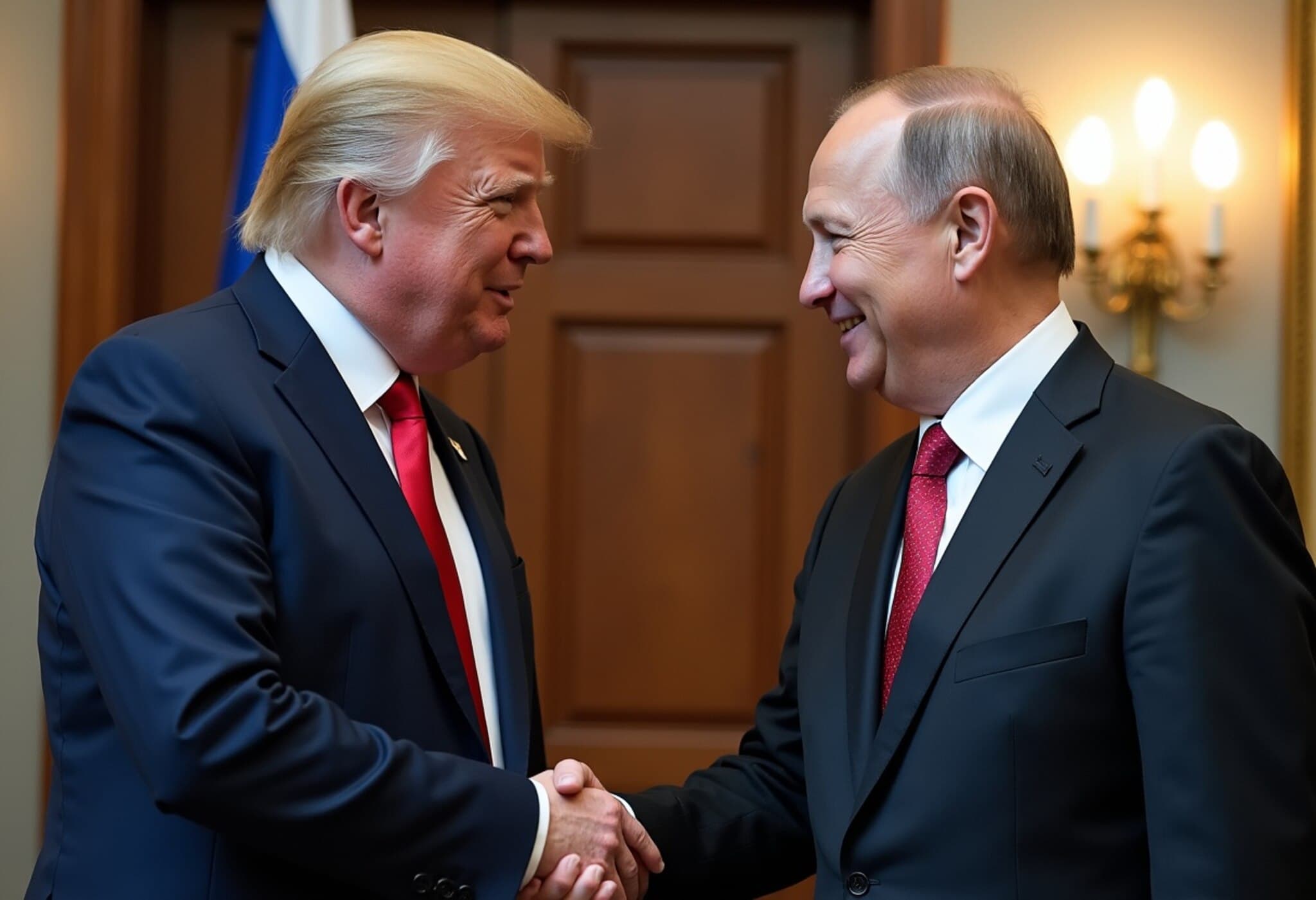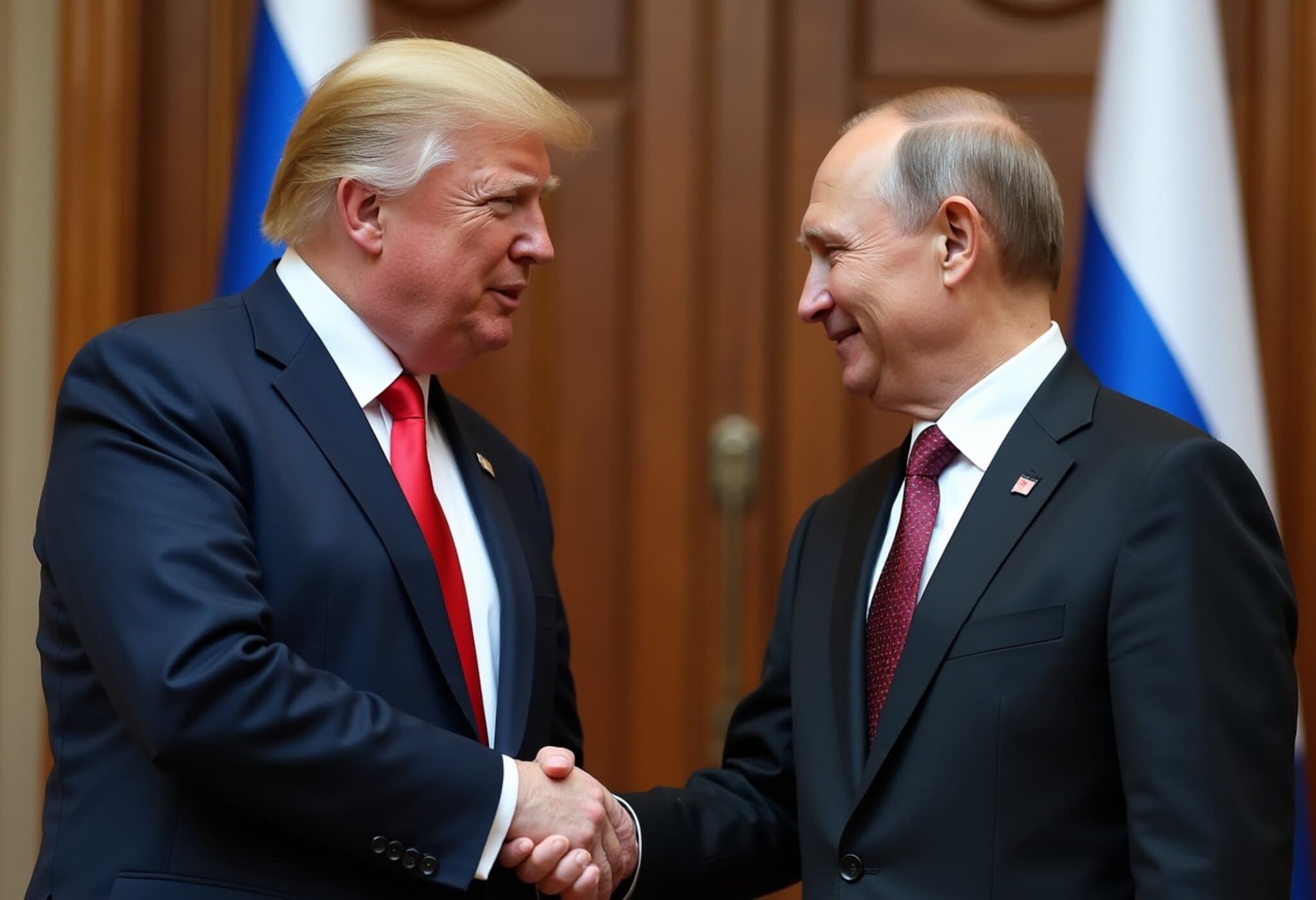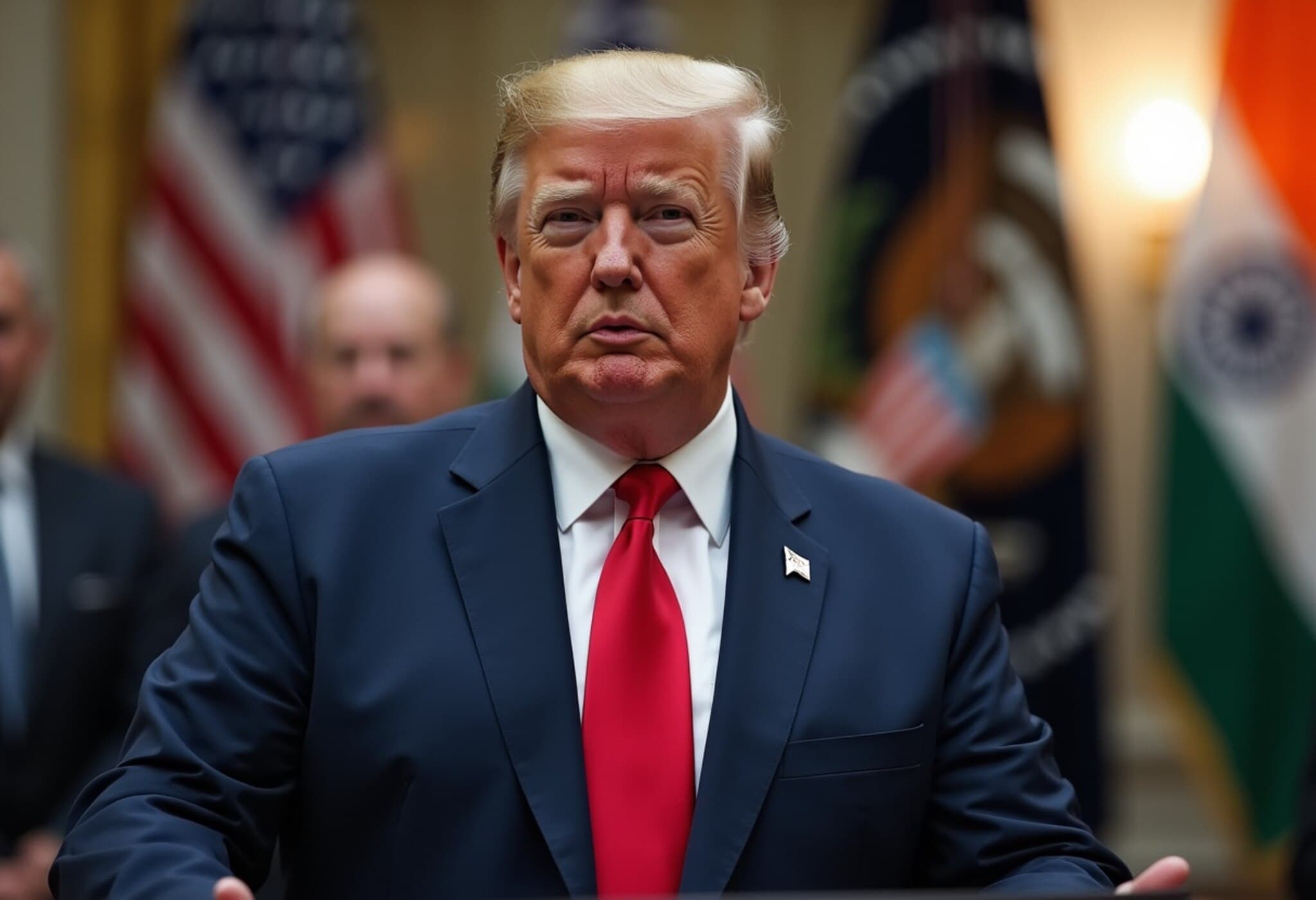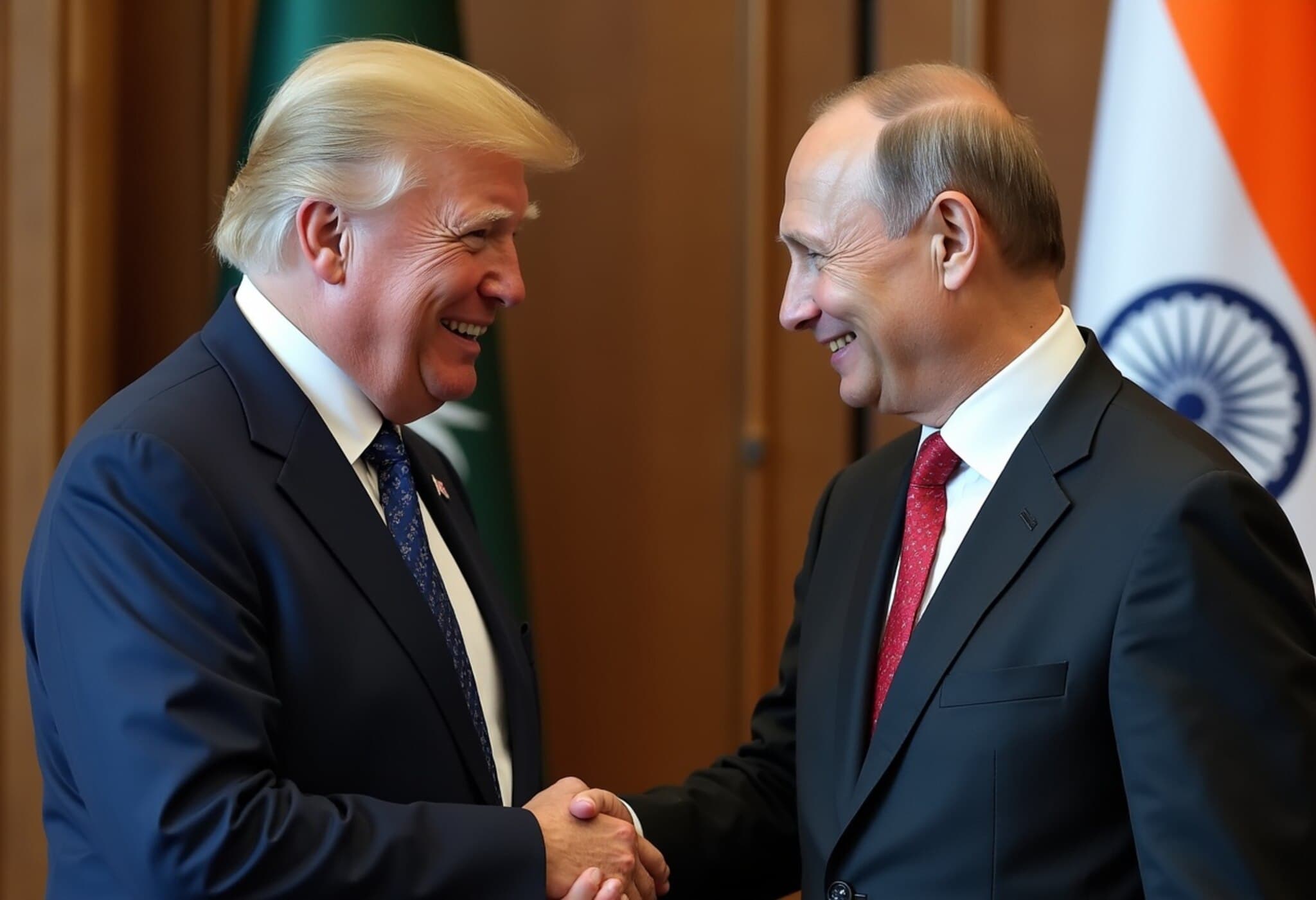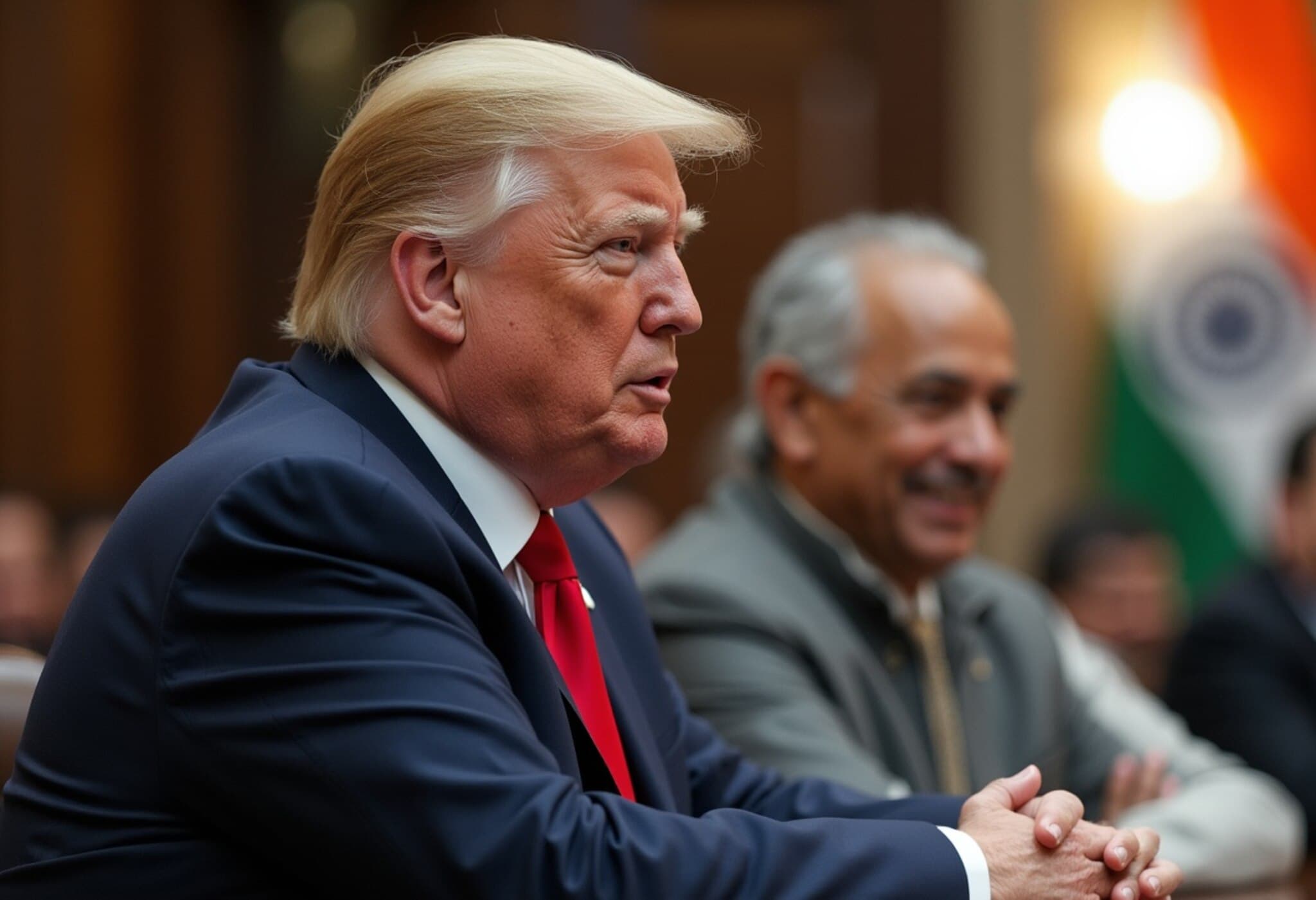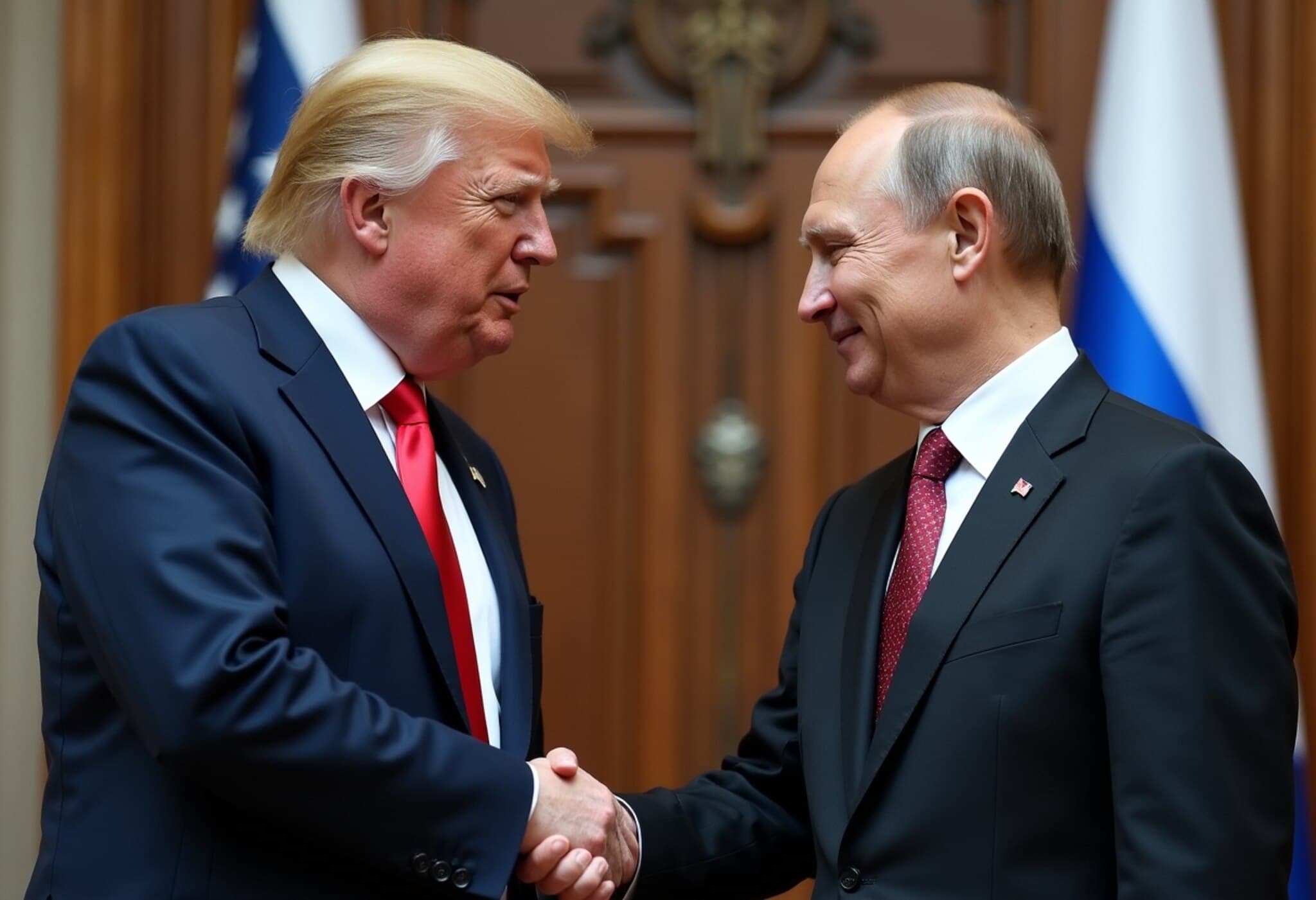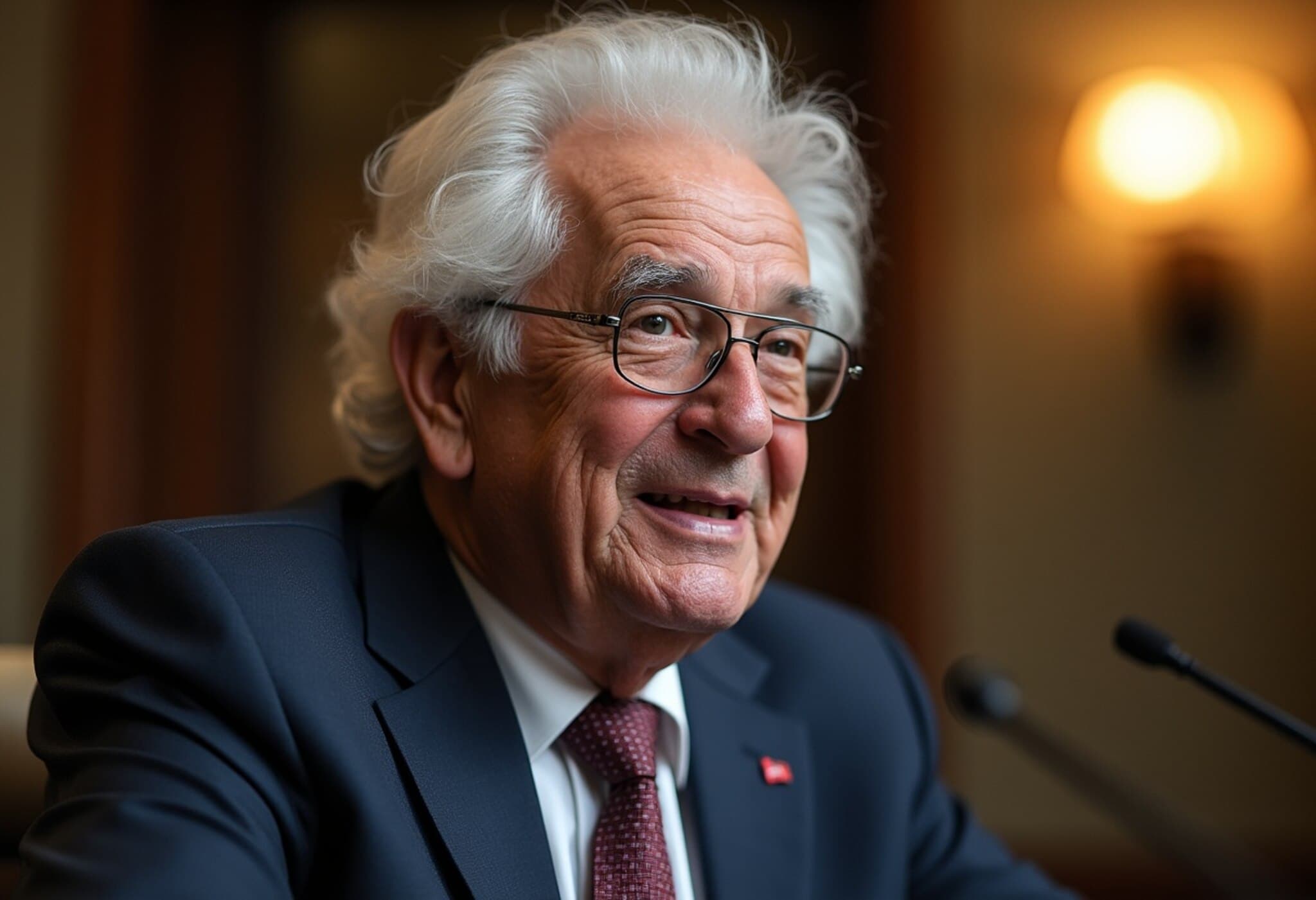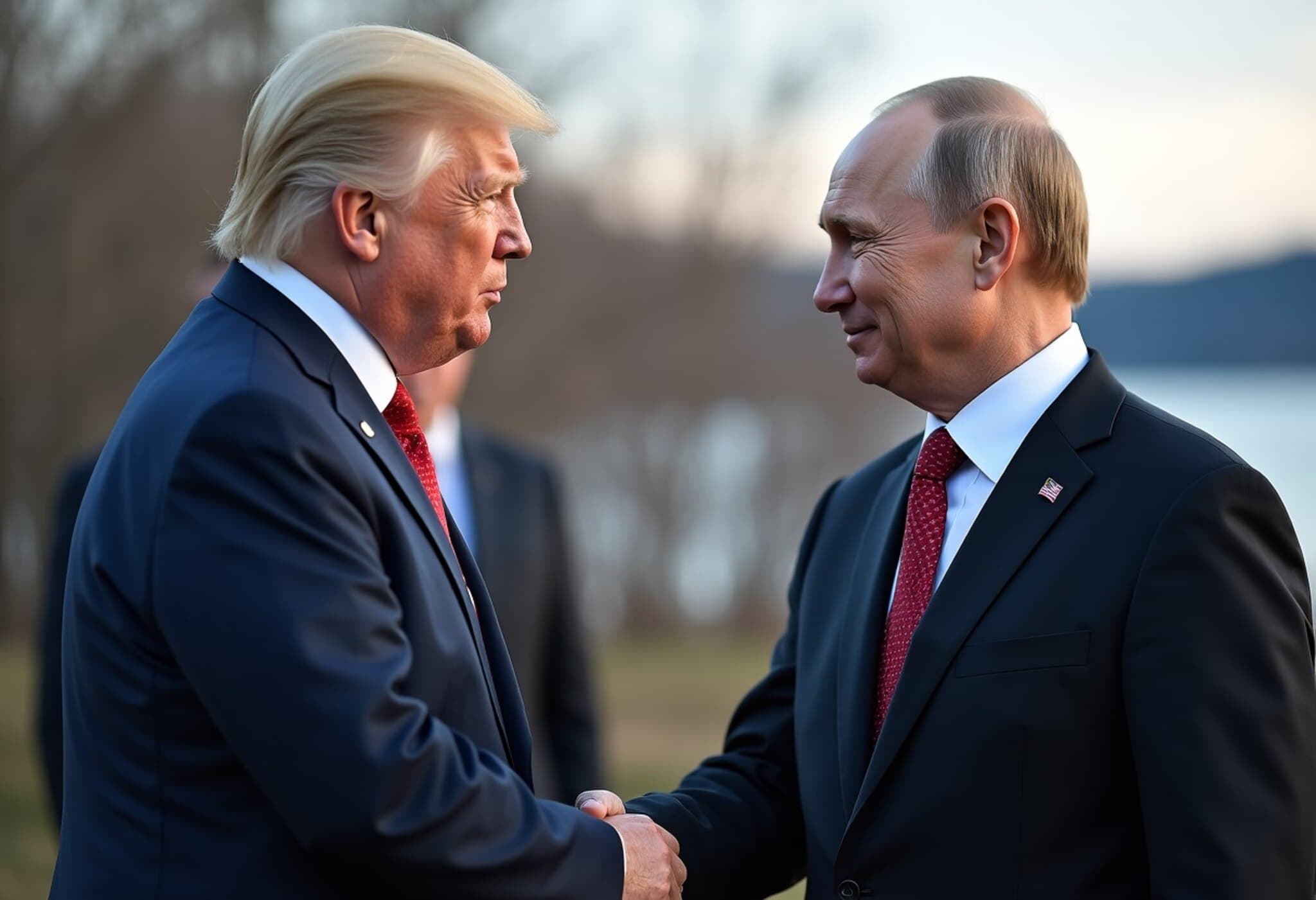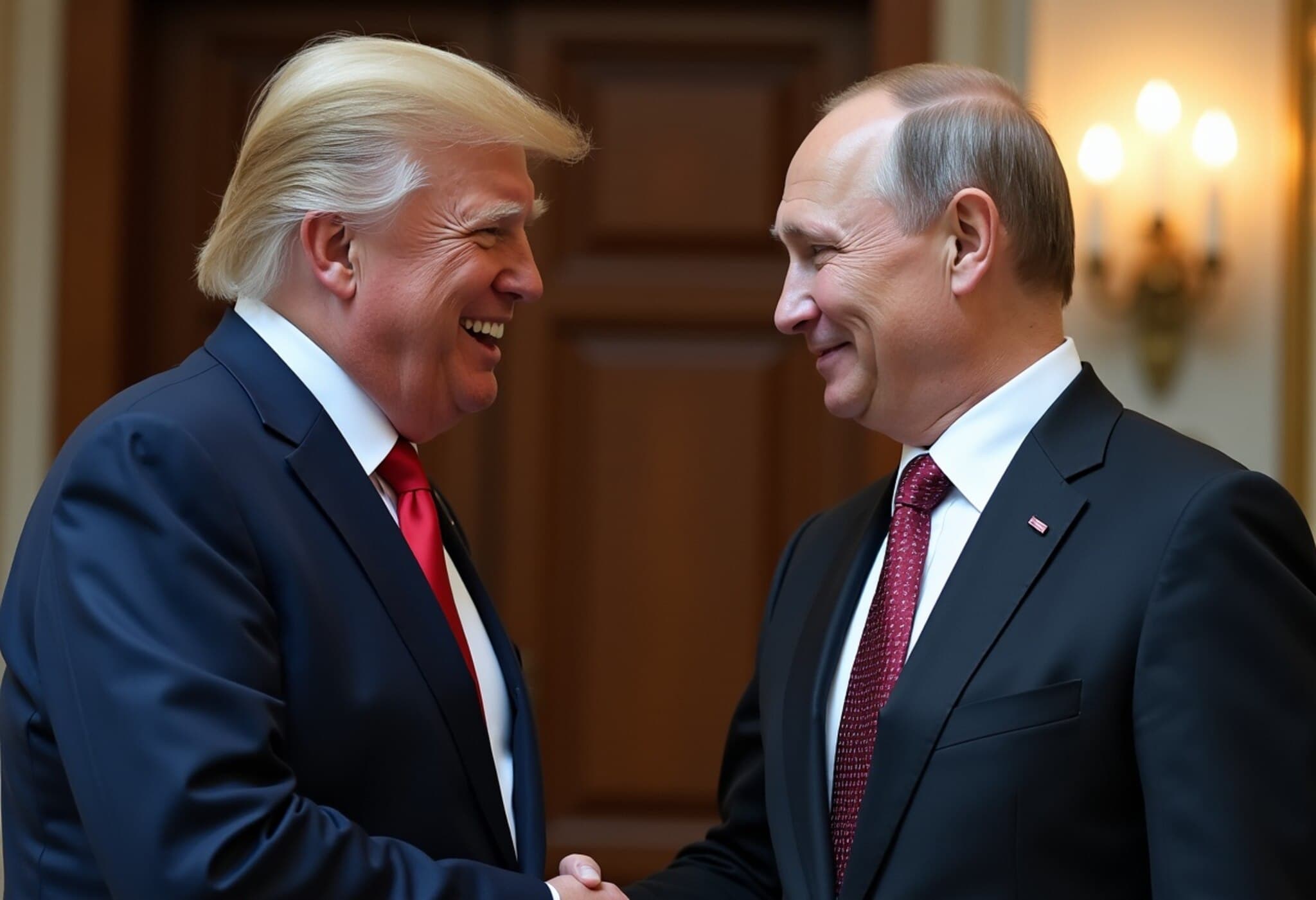Trump Reignites India-Pakistan Peace Claims Ahead of Alaska Summit
In a bold assertion that has reignited discussions around South Asian geopolitics, former US President Donald Trump once again claimed to have played a pivotal role in defusing a potentially nuclear conflict between India and Pakistan. Ahead of a high-stakes meeting with Russian President Vladimir Putin in Alaska, Trump described a scenario where "six or seven planes came down," stressing that tension between the two nuclear-armed neighbors was at a critical brink. "They were ready to go. Maybe nuclear. We solved that," he stated, referring to his administration’s diplomatic efforts.
Context Around the India-Pakistan Conflict
Trump’s remarks come in the wake of recent military skirmishes between India and Pakistan, notably Operation Sindoor, in which India's Air Chief Marshal Amar Preet Singh reported the downing of five Pakistani fighter jets and one large aircraft. However, Pakistan has rejected these claims, marking the deeply entrenched atmosphere of mistrust between the two nations.
Historically, India and Pakistan have shared a tumultuous relationship characterized by multiple wars and ongoing border disputes, especially over the Kashmir region. The volatility in the region has frequently raised global concerns given both countries’ nuclear capabilities.
Evaluating Trump’s Peace Broker Narrative
While Trump proudly claimed to have resolved "six wars in the last six months" during his tenure, including ongoing conflicts in regions like Congo and complex global struggles, independent verification of these claims remains sparse. Regarding India and Pakistan, officials from both countries have expressly dismissed the idea of U.S.-brokered ceasefires or peace deals of the scale Trump described.
Experts suggest that Trump’s statements reflect the broader pattern of his administration’s bold diplomatic assertions, which often sparked debate and skepticism within international relations circles. Yet, it is undeniable that the U.S. has played various mediation roles in South Asian peace processes, though these have typically involved multilateral engagement and cautious diplomacy rather than dramatic last-minute crisis aversion.
The Alaska Summit: Broader Geopolitical Stakes
Trump also outlined his expectations for the forthcoming summit with Putin, framing it as a potential turning point for the ongoing Russia-Ukraine conflict. He suggested that he anticipates both Russian President Putin and Ukrainian President Volodymyr Zelenskyy to engage constructively to seek peace, though he acknowledged the complexity of the war, calling it "the most difficult one" and reiterating his view that the conflict is President Biden’s responsibility.
The Alaska meeting — involving not only Trump and Putin but possibly other European leaders — could impact multiple international tensions, underscoring how interconnected these conflicts are in today’s geopolitical landscape.
Expert Perspectives and Regional Implications
- US Diplomatic Role: The United States has traditionally maintained a delicate balancing act in South Asia, supporting India’s strategic interests while seeking regional stability. Claims of unilateral conflict resolution oversimplify the nuanced and long-term diplomatic engagements required.
- Media Literacy and Verification: It remains essential for audiences to critically evaluate political statements and differentiate between aspirational rhetoric and verified diplomatic outcomes.
- Regional Security Dynamics: Any perceived de-escalation between India and Pakistan, especially involving nuclear deterrence, carries profound implications for American defense policy and global non-proliferation efforts.
Looking Ahead: What This Means for Readers and Policy Makers
Trump’s reiteration of his peacekeeping credentials, particularly in such a high-tension region, invites questions about the role of personal branding in diplomacy and its influence on public perceptions of international relations. For policymakers, understanding the reality behind such claims is critical to crafting informed foreign policy that balances engagement, deterrence, and strategic patience.
Conclusion
While Trump’s account of averting a nuclear confrontation between India and Pakistan makes for compelling headlines, the truth is layered and calls for measured, open-source verification. In an era of heightened geopolitical complexity and misinformation risks, transparent diplomacy backed by credible reporting remains indispensable.
Editor's Note
Trump's assertions about brokering peace between India and Pakistan, and his framing of the Russia-Ukraine conflict, showcase the interplay of diplomatic claims and political narratives in shaping global perceptions. Readers are encouraged to consider the broader geopolitical contexts and critically evaluate such statements, recognizing that sustaining peace in volatile regions requires sustained, collaborative international effort beyond headlines.

